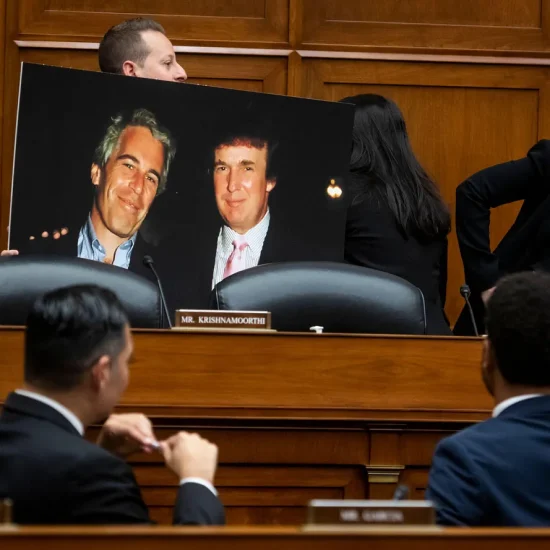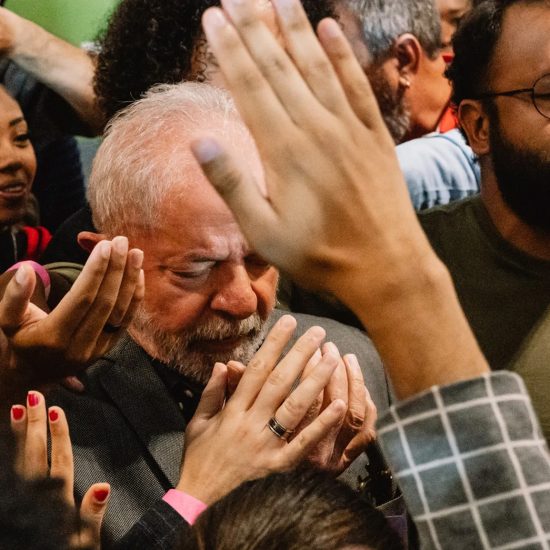
Sunday, November 21, 2021, was Christ the King Sunday, and I’m not in a good mood. I’m not sure churches in America should be celebrating Christ the King Sunday. Let us no longer go through the motions of bowing our knees to the “king of kings and lord of lords.” Let us admit that our habits are too corrupt – Americanized, individualized, freedom-soaked – for us to obey a king.

Rodney Kennedy
Americans have never wanted a king. The one king attached to our pre-history was King George and we dispatched him and became a republic. We are the most anti-monarchical people in the world. We are trained to believe that we are free people and we can do as we please with anything and anyone. We are free to make of the Bible whatever we wish. We are free to make of our faith whatever we decide. We are under no obligation to anyone.
If I hear one more church member claim absolute liberty, I think I will scream philosopher Rupert Read’s words, “this central commitment is in profound tension with the libertarian commitment, equally absolute, to ‘liberty’. For truth, truths, truthfulness, rationality, objectivity, impose a ‘constraint’. A massive utterly implacable constraint, on one’s license to do and believe and think whatever one wants. One cannot be Carroll’s Humpty Dumpty in a world of truth and reason. One cannot intelligibly think that freedom of thought requires complete license, or that moral freedom requires complete individual license, in such a world.” As a result, our notions of freedom have become an ideology for a politics in conflict with the politics of Jesus.
Our current obsession with absolute individual freedom clashes head-on with Jesus as King, Jesus as Lord. The cries from our politicians, the voices from protests, in unison are the same: “Give me liberty or give me death!” I sympathize with the feeling, but absolute freedom is not Christian. Jesus is King. A church member told me over coffee, “If Jesus expects that of me, then I want nothing to do with Jesus.”
There’s a terrible verse in Judges that sounds like a description of America: “In those days there was no king in Israel; all the people did what was right in their own eyes.” That’s the U.S. today. Jesus is not king even though some claim America was born as a Christian nation. Jesus is not king even though some claim America is a Christian nation and superior to the nations of other religions.
Americans are not sure if they want power or if they want truth. Jesus says, “You shall know the truth, and the truth shall make you free.” Our culture tempts us to drop knowing the truth for whatever it is we mean by freedom. This is what is happening in our country. Talking about the American desire for absolute freedom creates tension even in some progressive churches.
The gospel lectionary reading for Christ the King Sunday is John 18:33 – 37. The superscription in the New Revised Standard Version for John 18:33-37 reads “Jesus before Pilate.” A more accurate description would be “Pilate before Jesus.” Peasant puts procurator on trial. Pilate is on trial and doesn’t know it. In Kenosha, Wisconsin, Kyle Rittenhouse was on trial, and the jury found him innocent. But there’s was something else on trial in Kenosha: our propensity for violence.
The trial of Rittenhouse has ended but the trial of America continues. Will we ever come to grips with our relationship with violence? How do you feel about violence? Do you have this ability to say that the violence is only on the other side? As a Christian, as a follower of Jesus, how do you feel when someone makes violent threats, uses violent images, and then says, “It’s only a joke,” or “I didn’t intend it to be violent.”
Violence and the threat of violence, even the hint of violence is not a joke. This violent rhetoric rises up from the mists of the swamp of racial oppression, slavery, segregation, and lynching. All forms of violence deserve to be called by their true name and their destructive power revealed. Instead of joking, we agonize over violence, all forms of violence.
With the prophet Habakkuk, we cry, “O Lord, how long shall I cry for help, and you will not listen? Or cry to you ‘Violence!’ and you will not save? Why do you make me see wrongdoing and look at trouble? Destruction and violence are before me; strife and contention arise. So the law becomes slack and justice never prevails. The wicked surround the righteous – therefore judgement comes forth perverted.” There it is – the prophet of God singing the blues. That same prophet said he was going to climb up on a high perch and see what will come of violence. I’m with Habakkuk looking out across a people of violence who live in a land of violence and who often mistake violence for justice.
Here I avoid prescription, a telling you of what to do. After all, in the age of absolute freedom, you would be growling, “Who are you to tell me what to do about violence? Who do you think you are to tell me about what to do with my guns?” Instead of prescription, I suggest description. Here are two choices – violence or non-violence.
Some people have a high tolerance for violence. It’s not only accepted, it’s encouraged in word and in deed. Politicians often use threats of violence to attack opponents. This is called ad baculum argument, and it is hard to recognize. The speaker can easily dismiss the idea that he or she was suggesting violence by attacking critics for not being very smart or not understanding the use of a visual metaphor. This was the defense of Representative Gosar when he used violent images to attack a fellow member of Congress. Similarly, Trump consistently used ad baculum attacks to threaten the free press.
For people like this, violence permeates through their speeches, images, tweets, attacks, and denigration of others. Violence sells. Evangelical preachers calling down the wrath of God in apocalyptic, end-time sermons get the same emotional affirmations from congregations. Violence is in the air we breathe. Some people have an “eye for an eye” relationship to violence. There should be justice and that means revenge.
Other people are committed to non-violence in word and in deed. Martin Luther King, Jr.’s dream depended on non-violence. That dream is on the verge of becoming America’s nightmare. The prophetic voices of justice – from the Hebrew prophets, the social gospel proponents, the liberation theologians, and the Black prophetic tradition struggle to be heard in our world. All these powerful proclamations of the message of Jesus have been consistently attacked and demonized in evangelical circles for decades. The preachers pour out an unending list of condemnations that blame the people working for justice for the injustice in the world.
Robert Jeffress, in his Countdown to the Apocalypse, offers five signs of the second coming of Jesus. These signs are wrapped in fear and foreboding and fierce denunciation of the liberals responsible for the wickedness of our nation: spiritual deception, international conflict, natural disasters, fierce persecution, and widespread apostasy. Underwriting all of Jeffress’ attacks is the dominant emotional appeal of fear: “Perhaps we are not as safe in the United States as we think.”
Nowhere does Jeffress address the injustice, the inequities, the oppression, the poverty, the racism, the political corruption in our culture. His solution is a violent one that brings Jesus back to earth to rapture the righteous and destroys the rest of the population of the world – an act that would make all of history’s genocide, war, and pestilence seem like a walk in the park. The ideology of Robert Jeffress, Ken Ham, Tim LaHaye, David Barton, and a plethora of evangelical lesser lights are prophets of violence against a culture that has rejected them, and they are determined to get even in violent ways. They attack the very gospel solutions – social gospel, liberation theology, and nonviolence – that are at the heart of Jesus’ politics. This is an irony pie baked in revenge and retribution.
In my Christ the King Sunday sermon I told my congregation at Emmanuel Friedens that our nation is on trial. Do we want a democracy or not? Our churches are on trial. We know we are free, but we are called to be faithful. We know that we can dismiss the preacher’s message and do as we please. But do we know the truth? There’s a freedom that comes only when we embrace the truth that Jesus is king. That’s the truth of the prophets, the poets, the preachers, the truth of Jesus. Is Jesus your king? The answer lies in your loyalty to Jesus and to the church he founded. There are a lot of good people today who are spiritual and active in social justice, but they have nothing to do with Jesus and his church.
In the heart of the Blues, there’s always hope. Moss III asks “What is this thing called the Blues? It is the roux of Black speech, the backbeat of American music, and the foundation of Black preaching.” The Blues never lose the notes of hope. In his song, “Call It Stormy Monday,” T-Bone Walker laments how bad and sad each day of the week is, but “Sunday I go to church, then I kneel down and pray.” Out of the blue and from the Blues appears the proper stance of the people of the King: “I kneel down and pray.”
Rodney Kennedy has his M.Div. from New Orleans Theological Seminary and his Ph.D. in Rhetoric from Louisiana State University. The pastor of 7 Southern Baptist churches over the course of 20 years, he pastored the First Baptist Church of Dayton, Ohio – which is an American Baptist Church – for 13 years. He is currently professor of homiletics at Palmer Theological Seminary, and interim pastor of Emmanuel Friedens Federated Church, Schenectady, New York. His sixth book – The Immaculate Mistake: How Evangelicals Gave Birth to Donald Trump – is now out from Wipf and Stock (Cascades).







